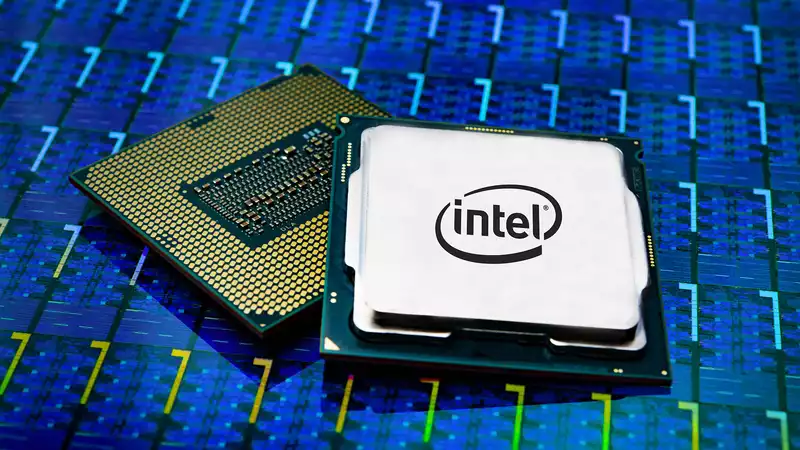The Intel Rocket Lake S platform has been spotted in the famously leaked SiSoft Sandra database and appears to have a PCIe 4.0 SSD. This 2x faster PCIe standard was introduced into gaming PCs last year along with compatible AMD Ryzen CPUs. However, today's sighting further hints at the arrival of Intel's 11th generation chips.
SiSoft Sandra benchmarks spotted by TUM_APISAK on Twitter show an unnamed 1TB NVMe SSD rated to PCIe 4.0 x4 speeds with an Intel Rocket Lake S compatible motherboard. This effectively means that this particular drive has a controller that can take full advantage of the full 4x NVMe slots, which is the maximum bandwidth generally available today.
Only a few companies are currently capable of designing such a PCIe 4.0 controller; Phison's PS5016-E16 controller was the first to achieve the high bandwidth of 5GB/s read and 4.4GB/s write. However, PCIe 4.0 offers much higher bandwidth, with Samsung's 980 Pro SSD controllers rated at 6.5GB/s and 5GB/s, respectively. [The difference between PCIe 3.0 and PCIe 4.0 is, in other words, a matter of bandwidth: PCIe 3.0 x16 slots (such as those most commonly used by graphics cards) can drive close to 32GB/s, while PCIe 4.0 x16 slots can run at 64GB/s.
Now, in terms of raw bandwidth actually required by the graphics card, the increase in bandwidth has little impact; the GPU will run just fine in an x8 PCIe slot, let alone a PCIe 4.0 x16 slot. Storage, however, can and often is limited by platform bandwidth.
AMD has been offering PCIe 4.0 bandwidth for some time with its 3rd generation Ryzen processors compatible with X570 and B550 motherboards. And it is not surprising that Intel is gearing up to support this new standard. Even before this benchmark appeared, Intel's motherboard partners (see Gigabyte) had divulged that existing Z490 motherboards would support PCIe 4.0 in only a few lanes: the top two PCIe slots and one M.2 SSD.
The limitation of PCIe 4.0-supported slots may be the case for the entire Rocket Lake platform, or it may be that newly released motherboards will have full support regardless of port as the time approaches. It all depends on whether Intel will release a new chipset that supports PCIe 4.0 or let the CPU provide a handful of lanes.
We don't expect any news on Intel Rocket Lake this year, so in any case, don't expect to see an Intel rig supporting PCIe 4.0 anytime soon.


Comments